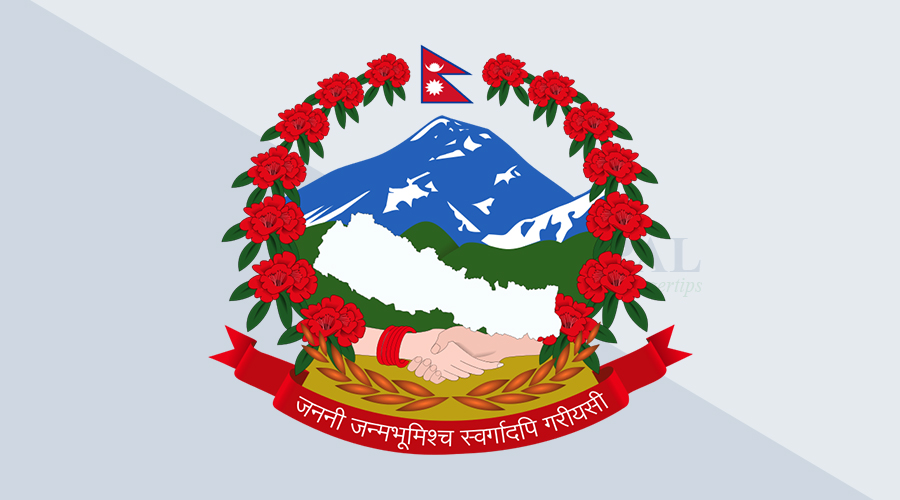KATHMANDU: One of the three organizations established for the purpose of developing and enlarging the railway system has been disbanded. The government abolished the Railway Board through the budget statement.
When Renu Yadav was the Minister for Physical Infrastructure and Transport, she had created a proposal for the creation of the Railway Board. Ishtiyak Rai was the Minister for Physical Infrastructure and Transport when the Railway Board was established after Renu Yadav.
Balram Mishra, a retired Joint Secretary for the Ministry of Physical Infrastructure, was appointed by the Railway Board. The current fiscal year’s budget for the Railway Board is Rs 25, 00,000.
The Board, the Department, and the Railway Company have been in disagreement over the rights ever since the Railway Board was established. The upcoming fiscal year 2023–2024 will not see the formation of the Railway Board.
The Board will be dissolved, and the Railway Department will take over the Board’s responsibilities, according to Finance Minister Dr. Prakasharan Mahat’s budget statement. There will only be two agencies for the development of railroads following the dissolution of the Board.
The Cotton Development Committee has also been disbanded by the government via the Budget statement.
Similar to how the National Dairy Development Board will be disbanded and its duties transferred to the relevant ministries, the Philatelic and Postal Management Office will be abolished and its duties transferred to the Postal Service, the Central Check Office will be abolished and its duties transferred to the Postal Service, and the Additional Post Office will be abolished, according to the government’s budget statement.
Similar to that, the Budhi Gandaki Hydropower Project, Environment, Compensation Distribution Unit has been disbanded via the budget, and the Budhi Gandaki Hydropower Company will now be responsible for all associated work.
In a similar manner, the University of Nepal Infrastructure Development Board, various Medical College Infrastructure Construction Committees, and the Department of Women and Children will also be disbanded.
Along with dissolving the District Election Office, which will be replaced by a separate election unit in the District Administration Office, the new budget also abolishes the Data Office, which will be replaced by a local level data collection office and a provincial level office for coordination, as well as a number of lake protection and development committees. Additionally, the Groundwater Resources Development Board will be merged.
The Department of Water Resources and Irrigation will handle infrastructure work, and the Water and Energy Commission (WEC) will conduct research, according to the government’s budget statement. The Groundwater Resources Development Board was disbanded.
According to the budget statement, the Department of Water Resources and Irrigation will handle infrastructure-related work, the Department of Health Services’ Epidemiology and Epidemic Management Section will handle Vector Borne Disease Research and Training Center (VBDRTC) operations, and the National Information Technology Center will close with the Department of Information Technology handling related work.
The Nepal Intermodal Transport Development Committee will be disbanded, and Nepal Transit and Warehouse Management Company Limited will take over the committee’s duties, according to the budget statement.
Additionally, Nepal Mountain Academy and Nepal Academy of Tourism and Hotel Management (NATHM) will merge, creating a single public broadcasting organization that will include both Radio Nepal and Nepal Television.
Service will be provided by the Survey Department and the Land Revenue Office in the same building.
The government has declared that the Land Revenue Office and Survey Department will operate out of a single office, as was stated in the budget statement.
It was suggested that it would be appropriate to provide services to the Survey Department and Land Revenue Office from one office in the integrated action plan proposal created by the Ministry of Land Management after Pushpa Kamal Dahal was elected prime minister.
It was never put into practice, despite numerous earlier attempts to keep the Land Revenue Office and Survey Department in the same office.
According to the Ministry of Land Management’s spokesperson, Prakash Joshi, offering services from the Land Revenue Office and Survey Department from the same location would simplify things for clients and speed up work.

